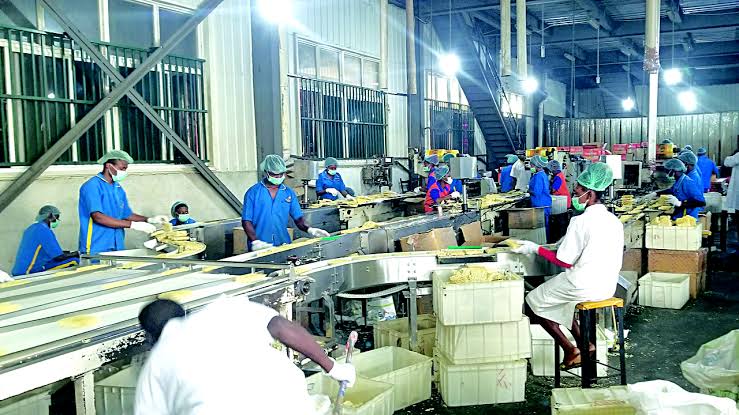News
2 million people may lose their jobs in 2024, says ILO

Over two million workers may lose their jobs this year, as the global unemployment rate is expected to increase from 5.1 percent in 2023 to 5.2 percent in 2024, the International Labour Organisation (ILO) has projected.
In a latest report published on January 10, 2024 titled “World Employment and Social Outlook: Trends 2024”, the ILO stated that joblessness and the jobs gap had fallen below pre-pandemic levels, but global unemployment would rise in 2024.
The ILO added that growing inequalities and stagnant productivity are causes for concern as it noted that the global unemployment rate had dropped in three consecutive years, declining from 6.9 per cent in 2019 to 5.1 per cent in 2023.
The report indicated that labour markets had shown surprising resilience despite deteriorating economic conditions, but recovery from the pandemic remained uneven as new vulnerabilities and multiple crises were eroding prospects for greater social justice.
“The 2023 global unemployment rate stood at 5.1 per cent, a modest improvement from 2022 when it stood at 5.3 per cent. The global jobs gap and labour market participation rates also improved in 2023,” the report said.
According to the report, working poverty was likely to persist despite quickly declining after 2020, the number of workers living in extreme poverty (earning less than US$2.15 per person per day in purchasing power parity terms) grew by about 1 million in 2023.
It disclosed that the number of workers living in moderate poverty (earning less than US$3.65 per day per person in PPP terms) increased by 8.4 million in 2023.
It projected that the labour market outlook and global unemployment would both worsen.
READ ALSO:UBS, Wells Fargo, other big banks cut over 60,000 jobs in 2023
“Disposable incomes have declined in the majority of G20 countries, and, generally, the erosion of living standards resulting from inflation is unlikely to be compensated quickly,” it added.
It noted that important differences persisted between higher and lower-income countries.
While the jobs gap rate in 2023 was 8.2 percent in high-income countries, it stood at 20.5 percent in the low-income nations.
“Similarly, while the 2023 unemployment rate persisted at 4.5 per cent in high-income countries, it was 5.7 per cent in low-income countries. Rates of informal work are expected to remain static, accounting for around 58 per cent of the global workforce in 2024,” it added.
The Director-General of the ILO, Gilbert Houngbo, observed that the report looks behind the headline labour market figures and gives a great cause for concern.
“After a brief post-pandemic boost, labour productivity has returned to the low level seen in the previous decade. Importantly, one reason for this is that significant amounts of investment were directed towards less productive sectors such as services and construction.
“Other barriers include skills shortages and the dominance of large digital monopolies, which hinders faster technological adoption, especially in developing countries and sectors with a predominance of low productivity firms.
“It is starting to look as if these imbalances are not simply part of pandemic recovery but structural. The workforce challenges it detects pose a threat to both individual livelihoods and businesses and it is essential that we tackle them effectively and fast.
“Falling living standards and weak productivity combined with persistent inflation create the conditions for greater inequality and undermine efforts to achieve social justice. And without greater social justice we will never have a sustainable recovery,” he stated.
Join the conversation
Support Ripples Nigeria, hold up solutions journalism
Balanced, fearless journalism driven by data comes at huge financial costs.
As a media platform, we hold leadership accountable and will not trade the right to press freedom and free speech for a piece of cake.
If you like what we do, and are ready to uphold solutions journalism, kindly donate to the Ripples Nigeria cause.
Your support would help to ensure that citizens and institutions continue to have free access to credible and reliable information for societal development.














